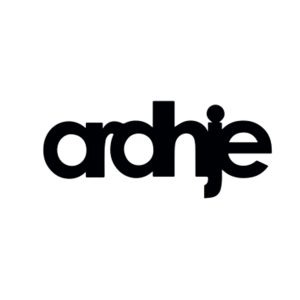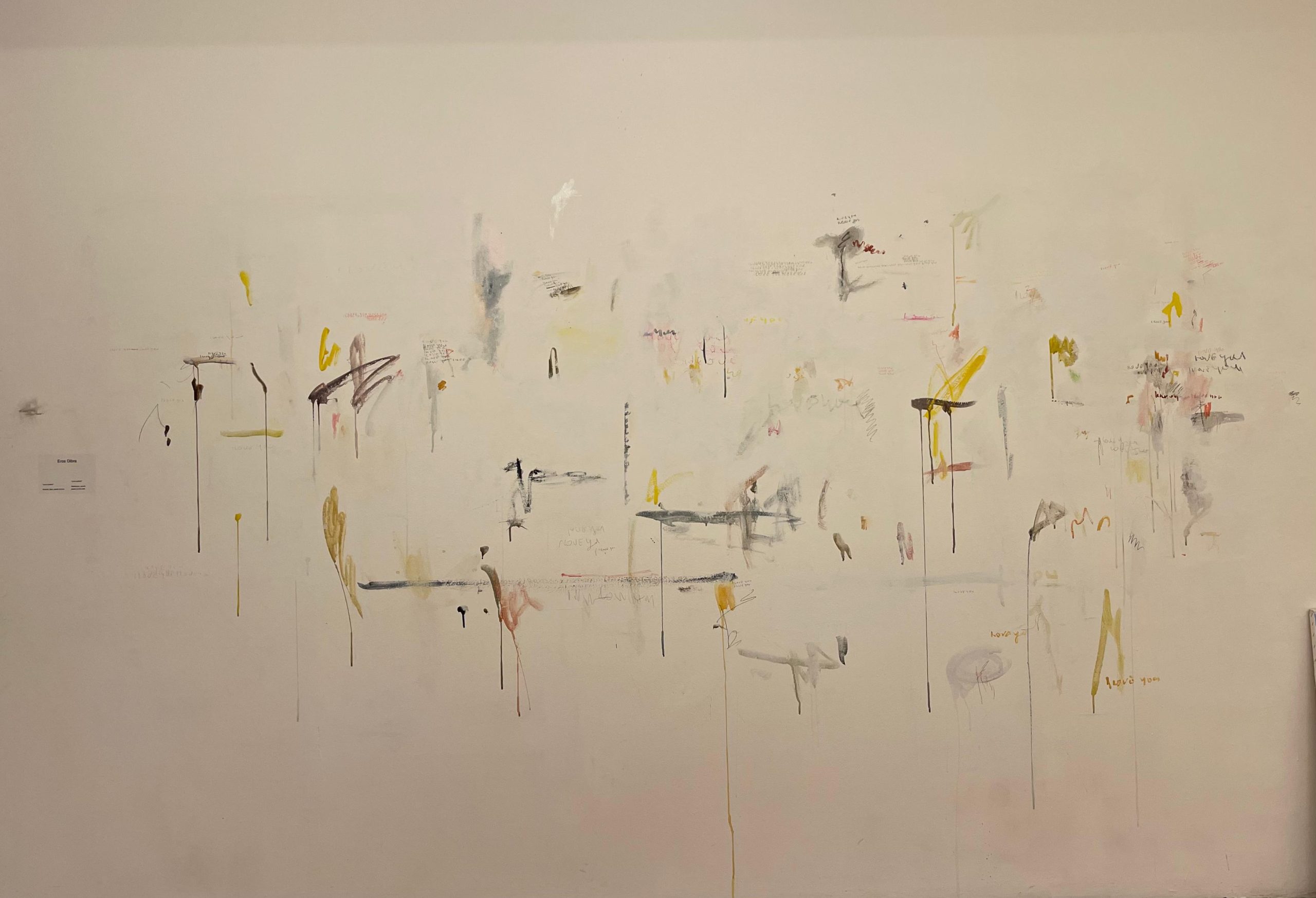Artist Name: Eros Dibra
Residency Dates: September – October 2024
Born: 1991
Hometown: Shkodër, Albania
Lives & Works: Tirana, Albania
URL: @eros.dibra_
Galleries: Galeria Kalo | Zeta Contemporary Art Center
Education: MA in Multimedia, University of Arts, Tirana
Bio/Statement:
Eros Dibra is the recipient of the 2023 Ardhje Award for young visual artists in Albania.
Eros Dibra is an Albanian artist whose works have been showcased in various group and solo exhibitions around the world, including in Paris, Washington DC, The Hague, and Strasbourg. A number of Dibra’s artworks have become part of private collections in Greece, Australia, Italy, France, and Germany. Some of Eros Dibra’s solo exhibitions include: Escaping Space at Galeria Kalo (2022); The Plagues – Die Wunden at Atelier am Eck, Germany (2016); Burned sensations at FAB Gallery, Tirana (2013). His works have also been exhibited in many collective exhibitions, such as: Color Coordination, Tirana (2023); Tirana on Canvas at Galeria Kalo (2022); Outdoor at Magnet-Libeskind (2022); “Orelia, No Noise, No Title”, Shkodër Gallery (2021); Dubai Art Expo-Surviving The Pandemic-Art Cannot be Locked Down, Dubai (2021); Building Bridges, Italian Embassy (2020); and many more.
In 2015, Dibra achieved recognition by winning the first prize at the “Onufri 21st” edition with his video installation titled “XXI,” which was displayed at the National Gallery of Arts in Albania. The following year, in 2016, he was selected for an artist residency in Dusseldorf, Germany, where he culminated the experience with an exhibition of his paintings titled “The Plagues.” Eros Dibra is highly regarded as a talented emerging contemporary artist, and his artistic journey continues to captivate audiences with his innovative and thought-provoking works.
The “Love Letters” series, conceptualized by Eros Dibra, originated during the early phases of the Covid-19 pandemic and the initial lockdown. In the midst of confronting an unparalleled threat from viral infection, the artist adopted the medium of letters inscribed on canvas. Within these letters, he conveyed expressions of “love” directed at his family members, close companions, and even towards himself. This act aimed to provide personal encouragement within his immediate social sphere, amid the looming specters of potential illness, disappearance, or mortality. As time progressed, this mode of artistic expression underwent a transformation, encompassing a diverse spectrum of meanings associated with love and its complex emotions. As Dibra himself put it:
“The repetitive articulation of “I love you” triggered a fascinating interplay between the weight of significance and the conciseness of abbreviation, merging the realms of word and image. Analogous to the multifaceted nature of love itself, a cascade of sentiments flowed through past, present, and future, coalescing into an intimately individual yet universally resonant exploration. The persistent reiteration gradually allowed the initial meaning of the phrase to recede, becoming interwoven with the very act of inscription.”
Throughout this artistic odyssey, a multitude of works spanning various media emerged within the series, all centered around the simple iteration of the phrase “I love you.” These creations materialized on diverse surfaces such as canvas, linen, various paper dimensions, textiles, and even walls. Drawing visual inspiration from the “signs” of Cy Twombly, this engagement with writing and the ceaseless repetition of “I love you” became a foundational element of Dibra’s daily studio practice. He employed an array of mixed techniques including pencil, acrylic, watercolor, oil paints, markers, pens, and crayons. In his own eloquent words, “the message ‘I love you’ seeks to deconstruct the very essence of love, hate, presence, absence, and perpetual change. Through continuous writing, inadvertent errors emerge, which take on an intriguing character of their own; I intentionally incorporate these mistakes into the artworks. These unconscious misspellings introduce disruptions within the composition, reflecting the essence of love itself”.
Support: Eros Dibra’s residency is made possible with support from the Trust for Mutual Understanding.



